Notes & Briefs
Page 3 of 3
Improving Multisectoral Nutrition through Targeted Technical Assistance: Zambia
The United Kingdom’s Department for International Development (DFID) provides support to the Zambian government based on their national development plans and the UK’s poverty reduction, nutrition and human resources capacity priorities. DFID also supports the global Scaling Up Nutrition (SUN) Movement and is a lead SUN co-convener donor in Zambia. Between 2012 and 2016, MQSUN provided a […]

December 1, 2017
Nutrition Embedding Evaluation Programme (NEEP)
The Nutrition Embedding Evaluation Programme (NEEP) was a four-year project (Oct 2013–Oct 2017) led by PATH and funded by the UK Department for International Development. NEEP aimed to build the evidence base for what works in improving nutrition by conducting credible, robust evaluations of innovative interventions implemented by civil society organisations (CSOs). The programme provided […]
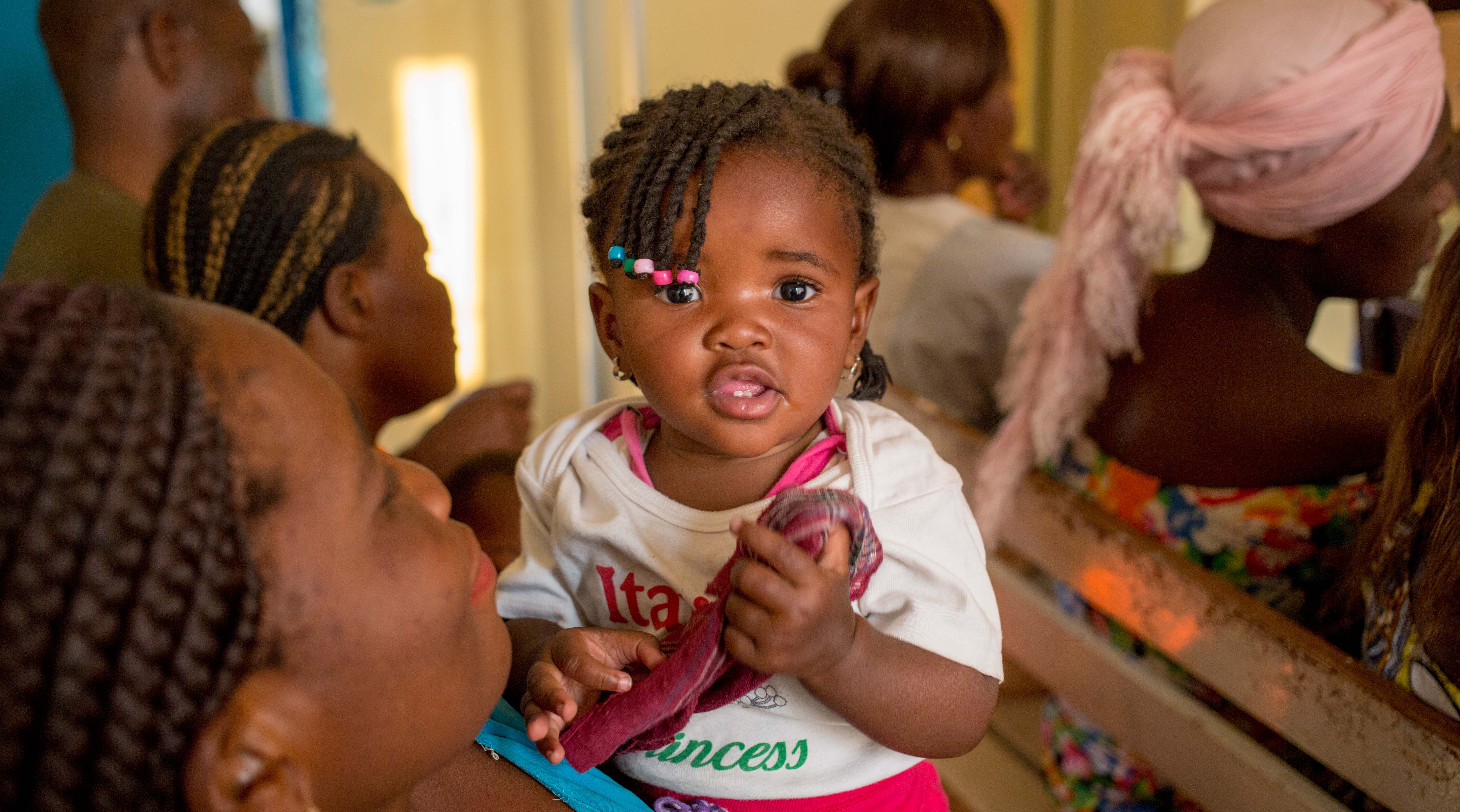
October 28, 2017
Impact Evaluation of the DFID Programme to Accelerate Improved Nutrition for the Extreme Poor in Bangladesh: Policy Brief
This policy brief provides an overview of the key findings and recommendations from the ‘Impact Evaluation of the DFID Programme to Accelerate Improved Nutrition for the Extreme Poor in Bangladesh’. The evaluation found limited positive changes in women’s nutrition-related child feeding and care practices and no changes in child nutritional outcomes (including stunting and wasting […]
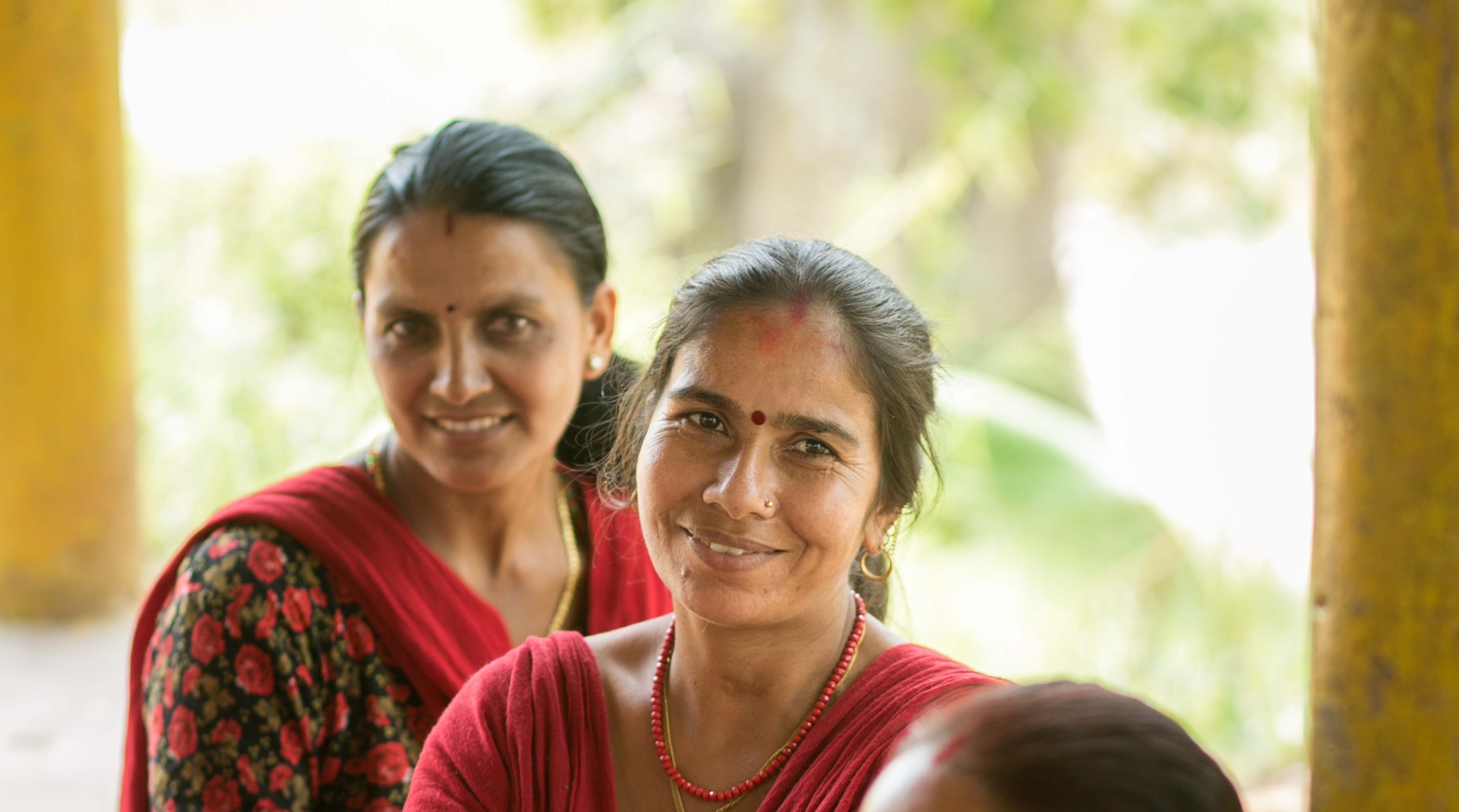
January 2, 2017
Impact Evaluation of the DFID Programme to Accelerate Improved Nutrition for the Extreme Poor in Bangladesh, Phase II: Project Background and Design Overview
This report provides the project background and design overview for an in-depth, mixed methods impact evaluation of the United Kingdom’s Department for International Development’s (DFID) Programme to Accelerate Improved Nutrition for the Extreme Poor in Bangladesh (Phase II: May 2013-2016). The aim of the programme is to improve nutritional outcomes for children, mothers and adolescent girls. The […]
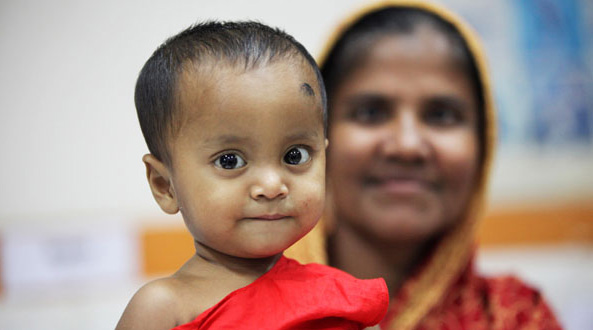
February 9, 2016
Seizing the Opportunity to Sustain Economic Growth by Investing in Nutrition in Zambia
It is to the credit of the Zambian leadership and the development community that a great deal of momentum for nutrition has been built in the past few years. The level of undernutrition in Zambia is high and persistent, with almost one in every two children stunted for their age. In June 2013, the Zambian […]
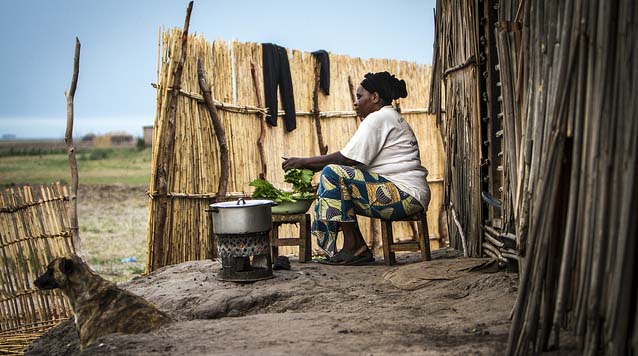
October 15, 2014
Executive Summary: Impact Evaluation of the DFID Programme to Accelerate Improved Nutrition for the Extreme Poor in Bangladesh, Phase II
The United Kingdom’s Department for International Development’s (DFID) Programme to Accelerate Improved Nutrition for the Extreme Poor in Bangladesh aims to improve nutrition outcomes for children, mothers and adolescent girls by integrating the delivery of a number of nutrition-specific (or direct) interventions with the livelihood support provided to extremely poor people by three existing programmes in Bangladesh. […]
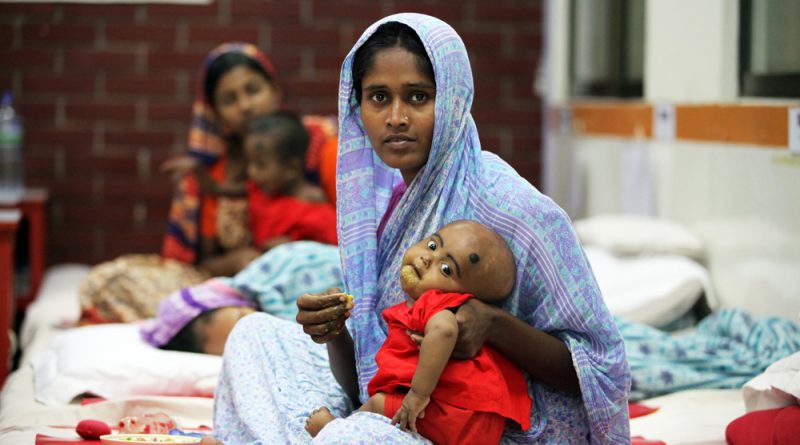
September 5, 2014
Analysing Nutrition Governance in Fragile Contexts: Lessons and Implications
This brief describes lessons learnt and implications from an analysis of the research and policy challenges for improving nutrition governance in a context of state fragility. Efforts to strengthen government commitment to reduce under nutrition in fragile and conflict affected states (FCAS) face a number of context-specific challenges: First, most nutrition investments tend to adopt short-term […]
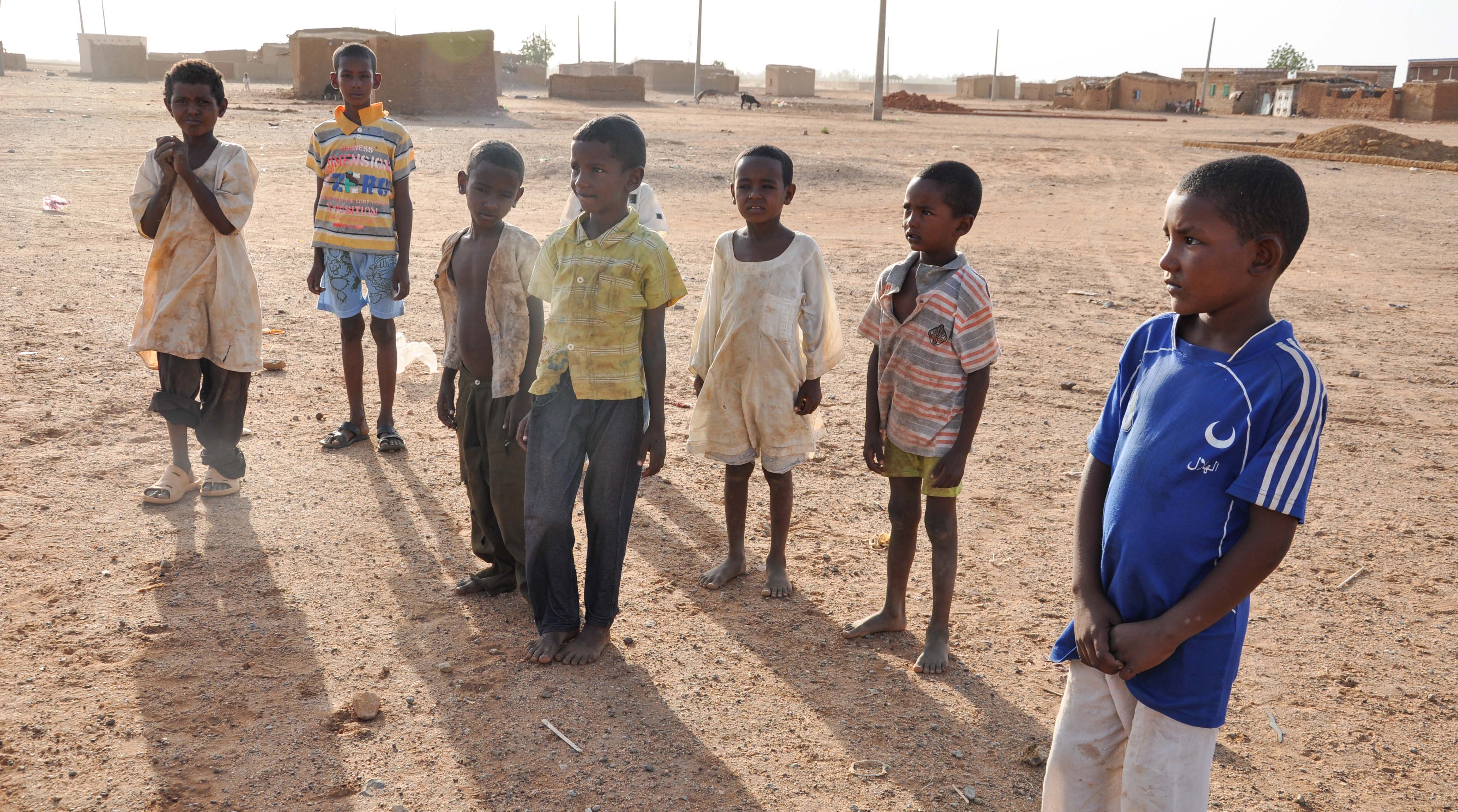
January 1, 2014
Research Summary: Systematic Review of Complementary Feeding Interventions for Prevention of Undernutrition
This research summary is based on a systematic review of complementary feeding interventions for prevention of undernutrition. Complementary feeding for infants refers to the timely introduction of safe and nutritional foods in addition to breastfeeding. These foods are typically provided to children from six to 24 months of age. It has been suggested that in […]

December 19, 2013
Actions on Undernutrition in Pakistan: Opportunities and Barriers
This brief is based on the Political Economy of Undernutrition in Pakistan study. It highlights challenges faced for mainstreaming nutrition as an intersectoral development priority and provides strategic recommendations using Acosta and Fanzo’s nutrition governance framework. Nutrition has received little policy attention in Pakistan and has never been a political issue for the legislature nor […]
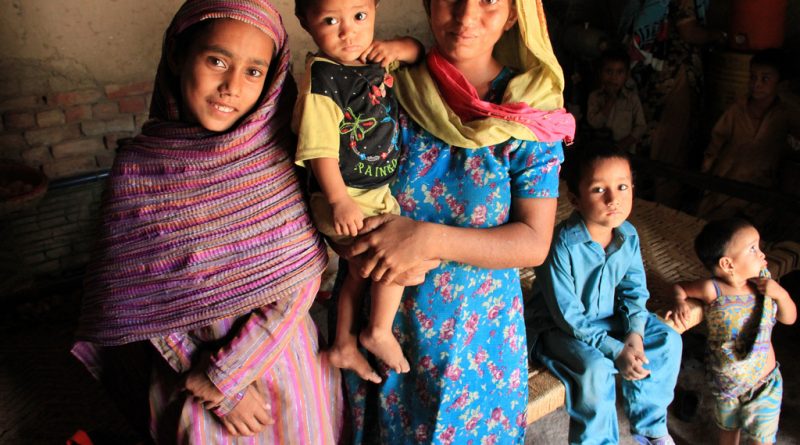
October 4, 2013
Page 3 of 3

